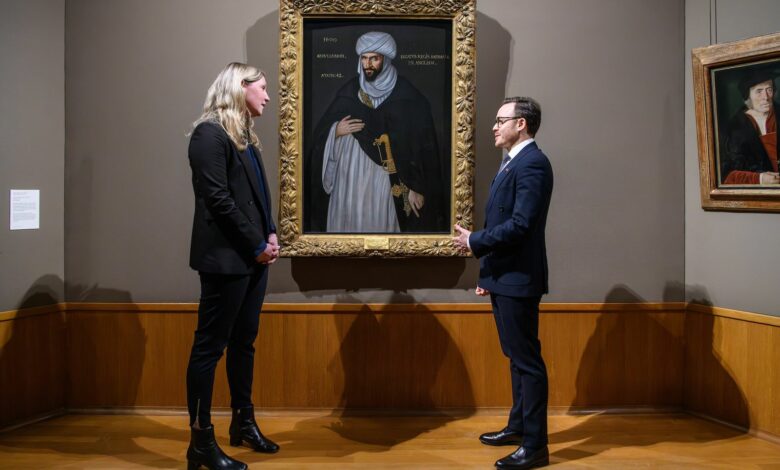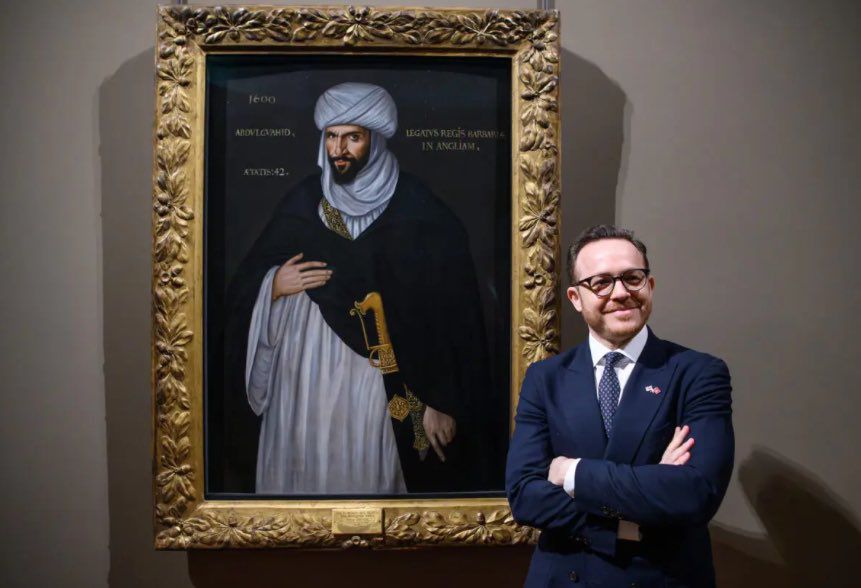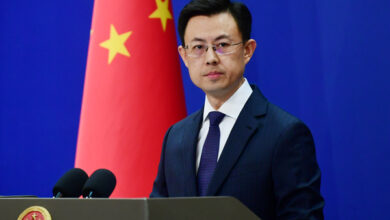A 470-Year-Old Solid Alliance: Morocco and the United Kingdom… A Historic Bond Beyond Time and Politics
A 470-Year-Old Solid Alliance: Morocco and the United Kingdom… A Historic Bond Beyond Time and Politics

ALDAR/
The relationship between Morocco and the United Kingdom stands as one of the oldest and most robust partnerships in history between a European country and an Islamic power outside the traditional religious alliances. What began as a trade exchange in the mid-16th century has evolved into a cohesive strategic alliance that has endured geopolitical shifts, wars, and historic decisions that reshaped the world.
The roots of this alliance date back to 1551, when England began signing trade treaties with the Saadian Sultanate at a time when Morocco was a regional power stretching from Marrakesh to the depths of the Sahara, while England was steadily moving toward breaking the Catholic monopoly over navigation and trade. Despite the different cultural contexts, this convergence was driven purely by strategic considerations: Morocco was seeking economic partners, and England was looking to secure a foothold along global trade routes.
 This relationship deepened in 1585 with the signing of a trade alliance between the two parties—an unprecedented move by a European nation toward a Muslim state and a landmark in British diplomacy beyond Europe. This alliance was bolstered by strong diplomatic efforts led on the Moroccan side by figures such as Raïs Ahmed Benqassem in 1588 and the famous ambassador Abd al-Wahid bin Masoud in 1600, who arrived at the English court carrying a message of alliance from Sultan Ahmad al-Mansur al-Dhahabi to Queen Elizabeth I.
This relationship deepened in 1585 with the signing of a trade alliance between the two parties—an unprecedented move by a European nation toward a Muslim state and a landmark in British diplomacy beyond Europe. This alliance was bolstered by strong diplomatic efforts led on the Moroccan side by figures such as Raïs Ahmed Benqassem in 1588 and the famous ambassador Abd al-Wahid bin Masoud in 1600, who arrived at the English court carrying a message of alliance from Sultan Ahmad al-Mansur al-Dhahabi to Queen Elizabeth I.
Abd al-Wahid’s visit was more than a diplomatic mission—it was a historic moment that captivated the English and impressed the political and cultural elite in London. Some scholars have even drawn parallels between his character and that of Othello in Shakespeare’s renowned play, a testament to the profound cultural impact this rapprochement had on British consciousness.
Despite some periods of tension—such as Britain’s temporary control of Tangier in 1661 following King Charles II’s marriage and the ensuing clashes with Moroccan forces—relations never ceased. Instead, they resumed on a practical path, marked by continued mutual interests and cooperation in complex areas like combating piracy, exchanging prisoners, and expanding maritime trade, particularly in ports like Tangier, Salé, and Essaouira.
This long history of interaction, which has weathered critical moments and sharp transformations, has enabled both nations to forge a unique relationship built on trust and shared interests. Today, this bond goes beyond history, encompassing active cooperation in education, economics, energy, security, counterterrorism, and climate change.
As global alliance maps continue to shift, Morocco and the United Kingdom persist in writing new chapters of a resilient partnership—rooted in history, strengthened by continuity, and focused on a shared future.





